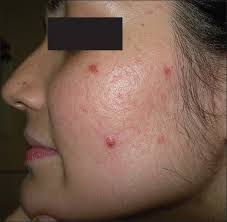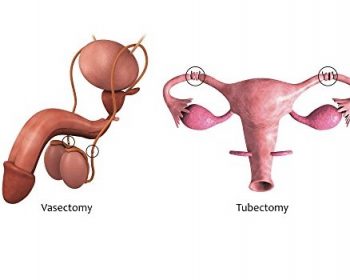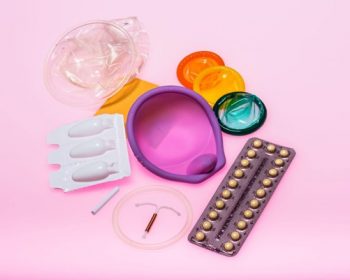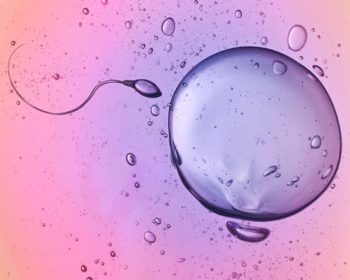
Hirsutism & Acne – Simple but unresolved?
Hirsutism which is excessive hair growth on the body and acne are two conditions that are majorly impacted by hormonal changes in a person’s body and there is always going to be a connection between both. Both hirsutism and acne that could be symptomatic of other diseases can have a great impact upon a person’s psychological well-being in part due to its negative impact on body image. The root cause of the problem women haswith Hirsutism and Acne have found that one of the biggest commonalities relates to androgens.
Hyperandrogenism refers to high levels of androgen hormones, especially testosterone, in the body. Elevated testosterone can cause a number of physical symptoms, including excessive hair growth, a deepening voice, and acne. Hyperandrogenism or androgen excess is a common endocrine disorder of women of reproductive-age, with a prevalence of 5-10%. The causes are not always easy to determine.
In terms of the development of acne, testosterone is one of the biggest players. Androgens can serve to provide stimulation to the sebaceous glands, and this results in an increase in sebum, which is essentially the levels of oil in the skin. This excess oil can clog up a person’s pores, and it feeds the bacteria that is known to cause acne.For many women, it is common to see a development of or increase in pimples or spots in the week prior to periods. Other life-events that can lead to acne flare-ups include perimenopause, pregnancy, and the menopause; and this is primarily due to the shifts in the hormones.
Hair growth cycle is controlled by several hormones, although androgens are the primary determinant of the hair type and its distribution around the body. The reason that increased levels of androgens stimulate hair growth only in some specific body areas such as the face, resides on the fact that not all the follicles have the same sensitivity to these hormones. While some skin areas appear to be resistant to androgen levels changes, others are very sensitive, like the pubic area. The skin’s affected areas by hirsutism are characterized for having a mid-sensitivity to androgens, so they respond only to high concentrations of them. This is why women with normal levels of androgens don’t develop terminal hair around the face, chest or back zones.
The majority of patients with hyperandrogenism will have polycystic ovary syndrome. Hormones that cause most trouble for women with PCOS include Testosterone, Luteinising Hormone (LH) which is responsible for ovulation stimulation but if the levels are elevated then this process gets disrupted, Sex Hormone-Binding Globulin (SHBG)reduces the effects of testosterone, but in women with PCOS, this is low.Ovarian suppression of androgen secretion with oral contraceptives is widely used to manage hirsutism & acne. The most effective medical therapy for hirsutism is by anti-androgen drugs. Electrolysis and laser photo thermolysis are considered the most effective cosmetic procedures. Acne may be treated with different tools like topical and systemic retinoids and antibiotics, topical antibacterial agents, androgen suppression by oral contraceptives, and anti-androgen drugs, according to the severity of the condition and other characteristics of the patient.
For PCOS and other women’s healthcare conditions and treatment options, you can now book an appointment using Divakar’s hospital app which can be downloaded from Google Play store or ios.
You can now seek 2nd opinion with Dr Hema Divakar from the Divakar’s Hospital app







